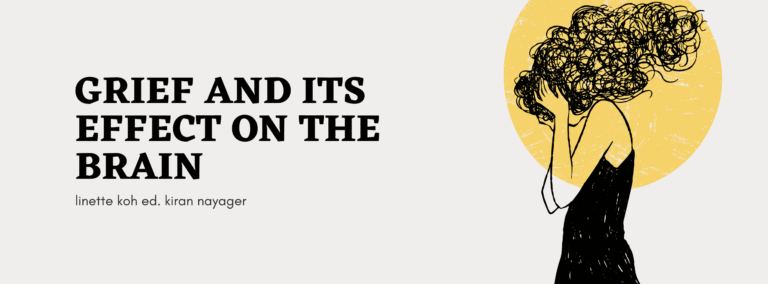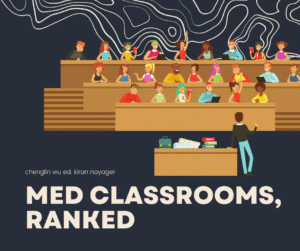
By Mansimran Loyal; Edited by Rosie Kirk
We have been told many times that living alongside COVID-19 is our ‘new normal’.
As I write this in a Stage 3 lockdown (again) in Victoria, my expectations of ‘normal’ have drastically changed. I would never have imagined my first year of uni to be spent sitting at home remotely learning medicine alongside daily updates from a myriad of state premiers, chief health officers and the Prime Minister outlining outbreaks, cases and deaths. This has become a surreal yet all too familiar routine.
Sadly, the new normal means also having to miss experiences such as the famed med ball and med cruise, as well as many anticipated clubs, activities and friendships which shape a first-year student. Instead, physical isolation has spurred on feelings of loneliness.
Although watching lectures at your own pace is a welcome change, classes can feel more draining than usual. Motivation ebbs and flows when spending three to five hours a day absorbing content through a screen. This may seem insignificant when compared to the challenges faced by our final year and international students: Important clinical rotations cancelled, no international travel, the heavy burden placed on university staff and tutors, looming economic and job cuts. However, we should not feel bad for struggling; COVID is affecting everyone differently.
Although some days may seem bleak, there has been an unprecedented level of cooperation, support and duty internationally, such as doctors coming out of retirement to bolster a severely understaffed workforce, and medical students graduating early to assist hospitals swamped by COVID patients. These acts of self-sacrifice and service are awe-inspiring, and are a reminder that there is a greater purpose, and therefore it is important to try and stay positive by protecting our mental health and wellbeing.
Since COVID, 18-29 year old Australians have had the highest rate of moderate/severe depressive and anxiety symptoms of all age groups, at 44.7% and 34.0% respectively. This has resulted in an almost 50 percent increase in people from this age group seeking professional help compared to last year. Of all the factors affecting mental health, loneliness and boredom are the biggest contributors (Monash University School of Public Health and Preventative Medicine).
So, how can we avoid spiralling negative thoughts during this pandemic?
One way is by maintaining structure to avoid procrastination and lethargy at home. Taking time out of the day to practice mindfulness or meditation can also help produce a sense of calm, and boosts positivity.
It may also be helpful to reduce exposure to the constant bombardment of COVID coverage, and do avoid Facebook conspiracies theories while you’re at it (this is a quick and simple way to lose faith in the human race).
Dedicating time to exercising, socialising and pursuing hobbies is another proven way to bolster mental health. Doing these as group activities is even more beneficial. I have found routine exercise with friends to be enjoyable, and a great stress reliever.
However, it is important to remember that feeling vulnerable, distressed, or anxious is normal, and these feelings should be acknowledged. Spending time with others, even remotely, promotes closeness, boosts oxytocin levels and inhibits cortisol release, reducing stress and elevating mood.
With mandatory facemasks now added to our list of health measures, the ‘new’ normal is showing no signs of waning. Therefore, nurturing mental health and wellbeing should be a top priority as we proceed into the unknown.
Stay Safe, Stay Vigilant, Stay Hopeful.











